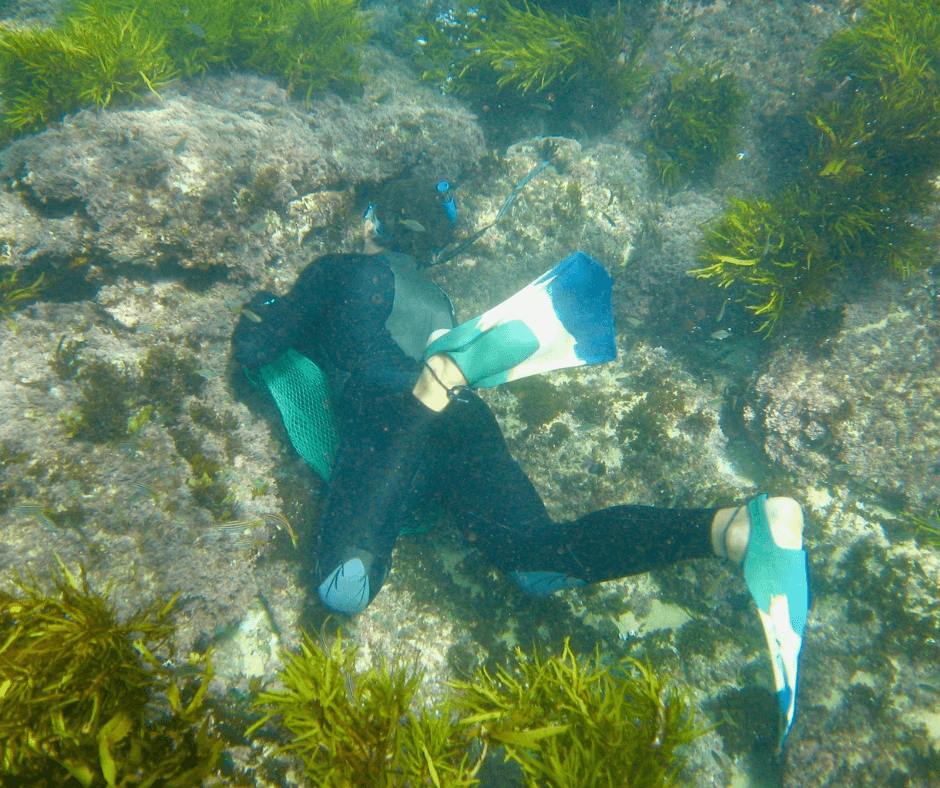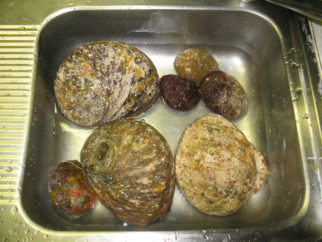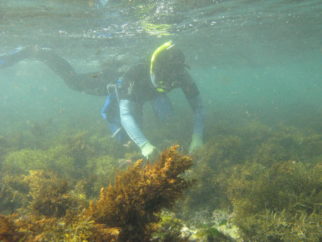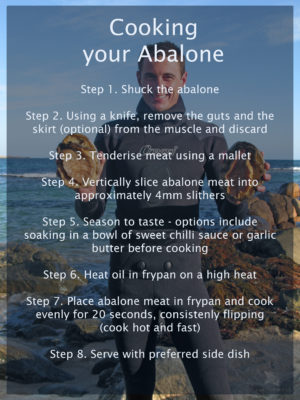Over the weekend, WA Premier Roger Cook announced that the Government has signed a $107 million works contract to start the next stage of major works for the Ocean Reef marina development.
The Premier said, “Ocean Reef marina is one of the most significant development projects in our State.”
However, despite its significance to West Aussie fishers, the Government is yet to offset the loss of the 12.5 hectares of productive reef habitat which resulted in more than one million abalone being killed to make way for the marina.
As a result of this failure, DPIRD was once again forced to restrict this summer’s metro recreational abalone season by one day for the fifth year in a row.
Hear from Leyland Campbell discussing the impacts of Ocean Reef marina on recreational fishers in the video below:
A failure by Government to deliver on what was promised to us
There is also still no word on the fishing jetty that was promised as part of the marina’s plans, which would allow fishers of all abilities – including those requiring wheelchair access – to enjoy wetting a line.
Recfishwest Operations Manager Leyland Campbell said, “Recfishwest has always supported the Government’s vision for the marina due to the broader community benefits a marina can provide. This support is largely because we have repeatedly been assured the development would be undertaken in accordance with world’s best practice.
“However, not taking responsibility to remedy the environmental damage done by its actions is a long way from best practice. And, if the Government can’t be trusted to mitigate the environmental impacts of a residential marina, then what confidence can the community have in the Government developing an international container port and a large new shipping channel in an environment as sensitive as Cockburn Sound?”
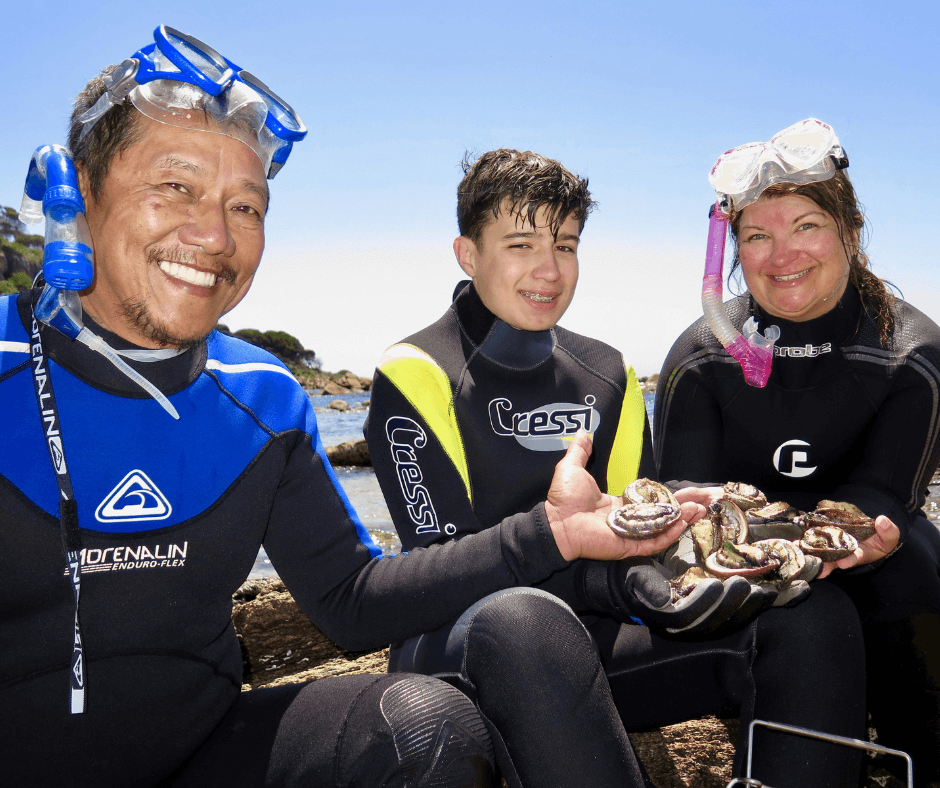
Stocking boost driven by fishers
Even though the Government is yet to take responsibility for the impact of their development, that hasn’t stopped fishers from investing in the future of this important fishery, Leyland pointed out.
“The Fisheries Minister recently announced that DPIRD would restock abalone in the metro area over the next three years thanks to an investment of recreational licence fees through the Recreational Fishing Initiatives Fund,” said Leyland.
“Recfishwest first called for metro abalone restocking using recreational licence fees back in 2017, so it is great to see this becoming a reality.
“While abalone stocking is welcomed – it does not make up for the huge hole left in abalone habitat and stock by the destruction of the Ocean Reef abalone reef.”
He added, “It is time the Government takes responsibility and finally invests in properly mitigating and offsetting the impacts of the marina.”
Recfishwest will continue to push the Government to take responsibility for their actions so abalone stocks can grow and fishers can regain the fifth day of abalone fishing they have been robbed of for the last five years.
